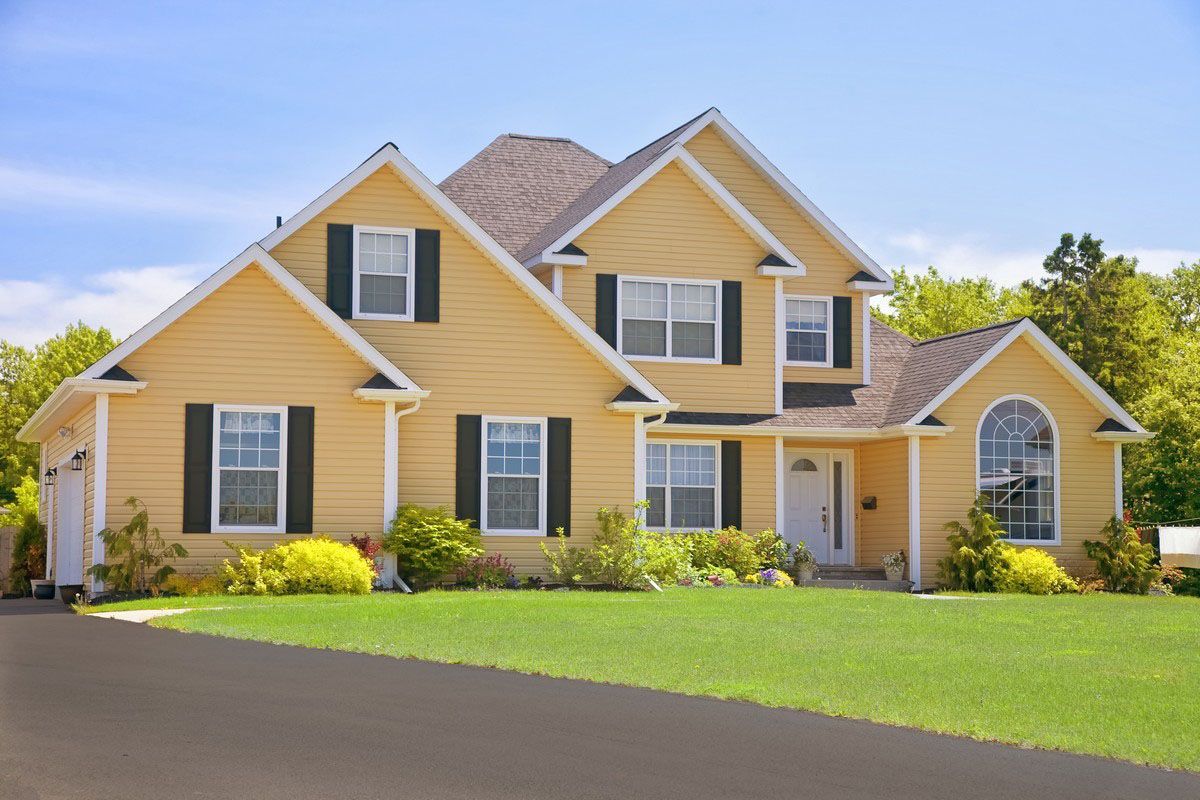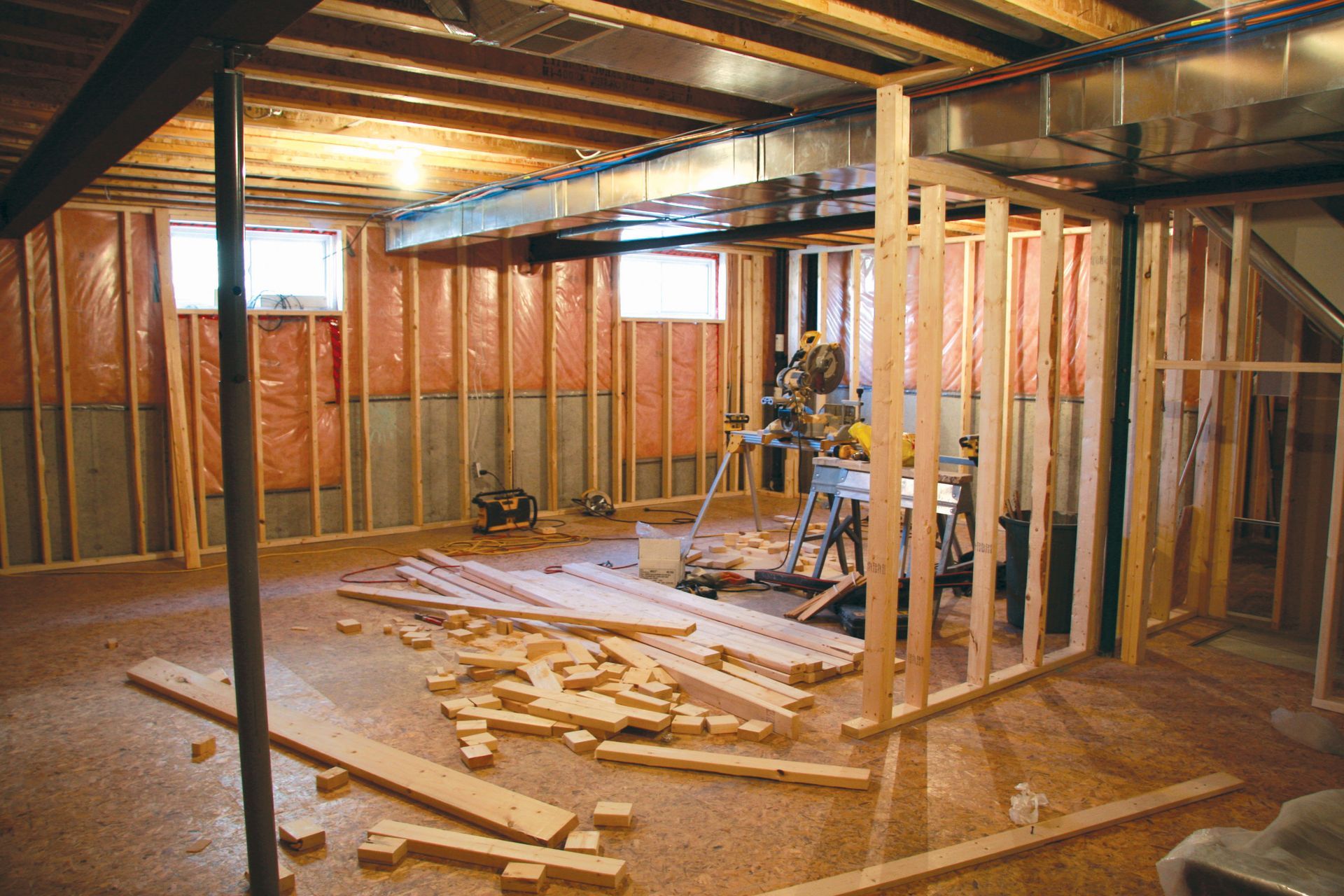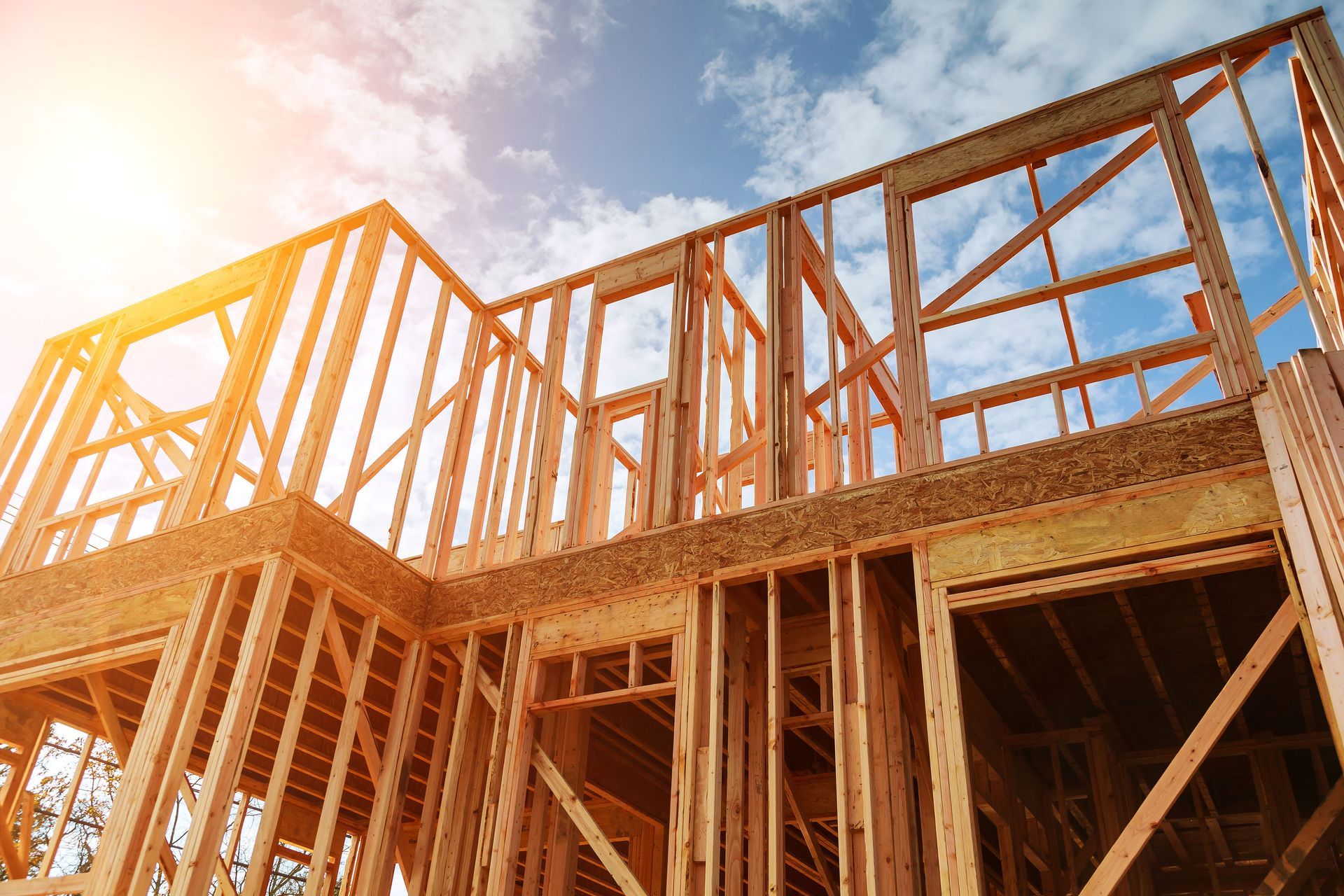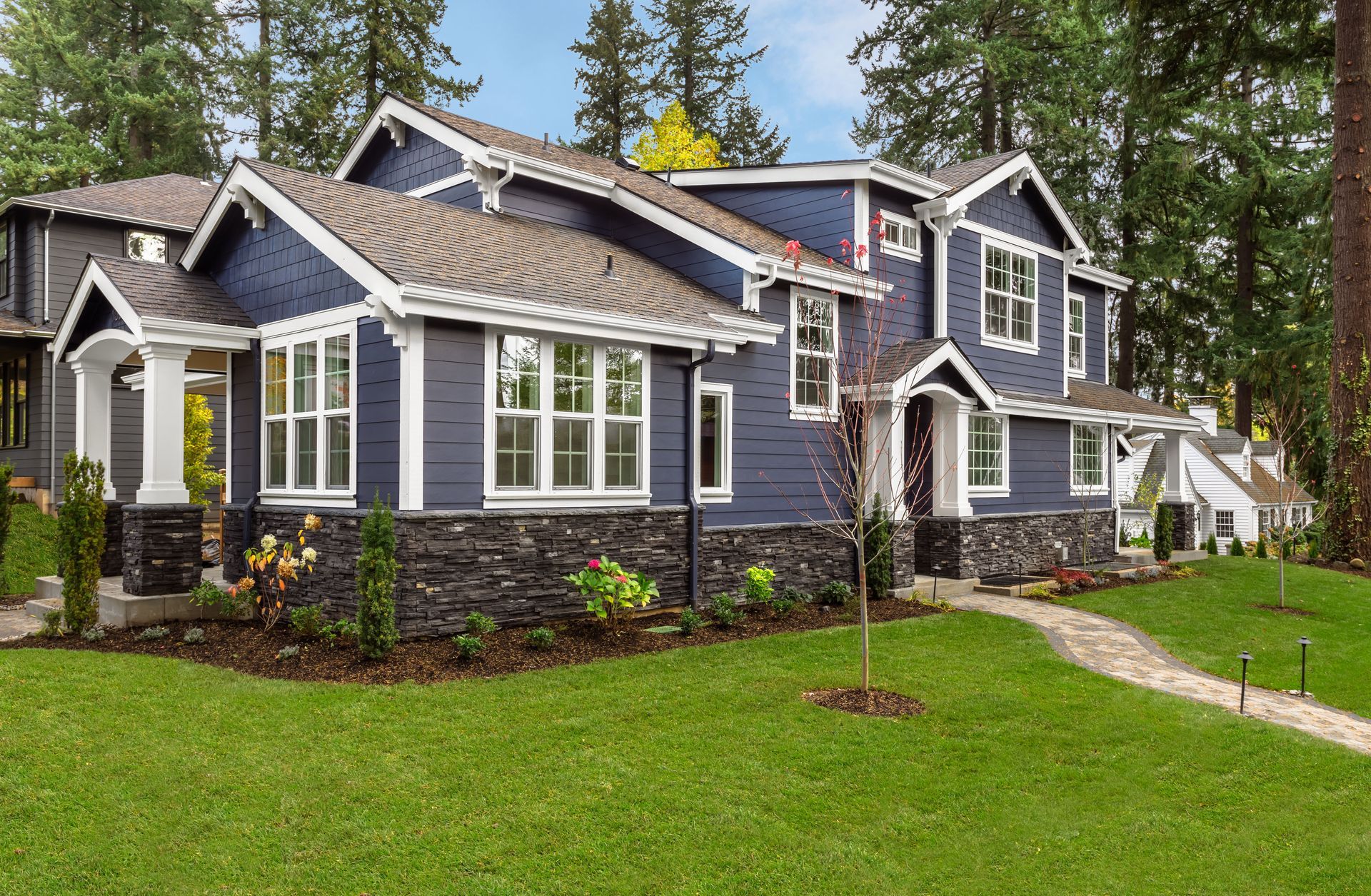Financial Considerations of Building a Custom Home in Central Florida
Central Florida has become a hotspot for custom home projects due to its favorable climate and appealing lifestyle. The region offers a unique financial landscape that influences the costs and benefits associated with building a custom home. Let's take a moment to explore the essential financial considerations for potential custom homeowners in Central Florida. We'll look into land costs, design budgets, financing options, regulatory expenses, construction costs, and long-term financial implications.
Land Costs
Land costs are a crucial factor in the custom home building process. Identifying prime locations in Central Florida can significantly affect overall expenses due to varying land values across different areas. Proximity to amenities such as schools, shopping centers, and major highways often results in higher land prices.
Zoning regulations play a significant role in determining land costs in Central Florida. Homebuilders must understand the zoning laws and how they influence land prices, which can vary extensively based on restrictions and allowable uses. Zoning can impact everything from home size to the height of structures, which in turn affects long-term property value.
Infrastructure availability is a vital component of land costs, with areas equipped with essential services like water, electricity, and sewage typically commanding higher prices. Comparisons with other regions of Florida show Central Florida offers competitive land prices, though location and amenities significantly influence cost. Strategic negotiation tactics can also be used to optimize land investment and secure favorable pricing.
Future development plans in and around a potential lot can also influence land value in Central Florida. Areas slated for new infrastructure, such as expanded roadways, shopping centers, or public transportation, often experience a surge in demand that drives prices upward. Conversely, locations with limited growth potential or pending environmental restrictions may offer more affordable entry points but carry different long-term value considerations. Researching municipal planning documents can help buyers make strategic decisions about where to invest.
Budget Considerations
The architectural design of a custom home directly impacts its cost, influencing everything from layout complexity to the choice of roofing and window styles. Thoughtful design decisions that enhance functionality and aesthetic appeal must balance costs and potential value increments. Florida's low labor costs, averaging $142 per square foot for building a home, according to HomeLight, can reduce design-related expenses.
Material selection plays a critical role, with cost-effective, durable materials providing long-term savings without compromising on quality. Clients are encouraged to assess material warranties and lifecycle costs to ensure decisions align with their budget and sustainability goals. The choice of materials also impacts energy efficiency, crucial for reducing utility costs over a home's lifetime.
Energy-efficient design elements, like solar panels and efficient insulation, offer considerable long-term savings despite higher initial costs. Incorporating cutting-edge technology can maximize design efficiency and streamline the construction process. Anticipating and budgeting for unforeseen design changes can prevent financial strain, encouraging a flexible approach to managing contingencies during construction.
Financing Options
Financing a custom home involves understanding construction loans, which come in various types and terms tailored to the construction process. Construction-to-permanent loans are popular, covering both the build phase and the permanent mortgage. It's crucial to evaluate each option's benefits and limitations to ensure it aligns with financial capacity and goals.
Government incentives are also available for those building custom homes, ranging from tax credits to energy efficiency rebates. Exploring these incentives can significantly reduce overall costs and provide additional financial motivation for sustainable building practices. Utilizing home equity is another financing strategy, allowing homeowners to leverage current property value for their custom home projects.
Interest rates significantly impact the long-term cost of financing custom home construction, necessitating a thorough assessment of market trends. Comparing lender options ensures borrowers secure the most favorable rates and terms. Careful evaluation of lenders can prevent unforeseen financial burdens and ensure a smooth construction financing process.
Down payments are another important consideration when securing financing for a custom home in Central Florida. While construction loans may have different requirements from traditional mortgages, a larger initial payment can reduce interest costs and improve loan terms over the life of the mortgage. Buyers should also factor in potential lender fees and closing costs when planning their overall financing strategy, as these expenses can significantly affect the final budget.
Permits and Regulatory Costs
Permitting is an essential step in constructing a custom home, requiring an understanding of local regulations and the necessary approvals. Each phase of construction may necessitate different permits, and adhering to these requirements is crucial to avoid legal complications. Familiarizing oneself with the permit process can save time and streamline project progress.
The time and cost associated with permits can vary, with delays potentially impacting the overall project timeline. Builders must account for permit fees in their budget to avoid unexpected financial strain. Employing a professional to manage permits can expedite the process and ensure compliance with all legalities.
Inspections and regulatory compliance play a vital role in the home-building process, ensuring safety standards are met. Environmental considerations, such as wetland protection and tree conservation, add additional layers of regulation that may incur costs. Proactive management of regulatory requirements helps to mitigate unexpected expenses linked to legislative changes during construction.
Construction Process Expenses
Labor costs are a significant component of the construction budget, with skilled labor essential for quality craftsmanship. Florida's affordable labor market can offer savings compared to other regions, though contractor selection remains critical to align expertise with project requirements. Hiring local expertise ensures familiarity with regional regulations and conditions.
Material procurement must be carefully managed to minimize expenses, with strategic sourcing of locally available materials offering potential savings. Monitoring market trends helps identify optimal purchasing times, while bulk purchases can lead to discounts. Effective management of construction timelines can prevent cost overruns and maximize resource utilization.
Quality assurance measures ensure construction standards meet design specifications, entailing additional costs that preserve long-term home value. Weather-related delays, common in Florida's tropical climate, must be anticipated, with contingency budgets accommodating potential disruptions. Severe weather preparations during project planning can mitigate adverse financial impacts.
Long-term Financial Implications
Owning a custom home involves ongoing maintenance costs, which can vary based on material choices and environmental exposure. Regular maintenance prevents deterioration and extends the lifespan of property features, averting costly repairs. Understanding maintenance requirements assists in developing sustainable property management strategies.
Property taxes and insurance are recurrent financial obligations for homeowners, influenced by location and property valuation. Central Florida offers competitive tax rates, although thorough evaluation is necessary to plan for these expenses. It's crucial to explore insurance options that provide comprehensive protection against natural disasters and unexpected events.
Custom homes can offer excellent resale value, particularly in vibrant markets like Central Florida. Monitoring emerging market trends can inform decisions on future modifications that enhance property value and investment returns. Planning for home modifications ensures the property remains adaptable to changing needs and lifestyles, supporting ongoing equity growth.
Building a custom home in Central Florida entails detailed financial consideration across multiple facets of the process. Strategic planning, understanding regional regulations and market conditions, and making informed budget choices are crucial for a successful endeavor. Prospective homeowners who embrace financial foresight can enjoy the long-term benefits of custom homeownership in this desirable region when they turn to the professionals at Palmwood Construction. Get started with your home today by giving us a call!






Share On: